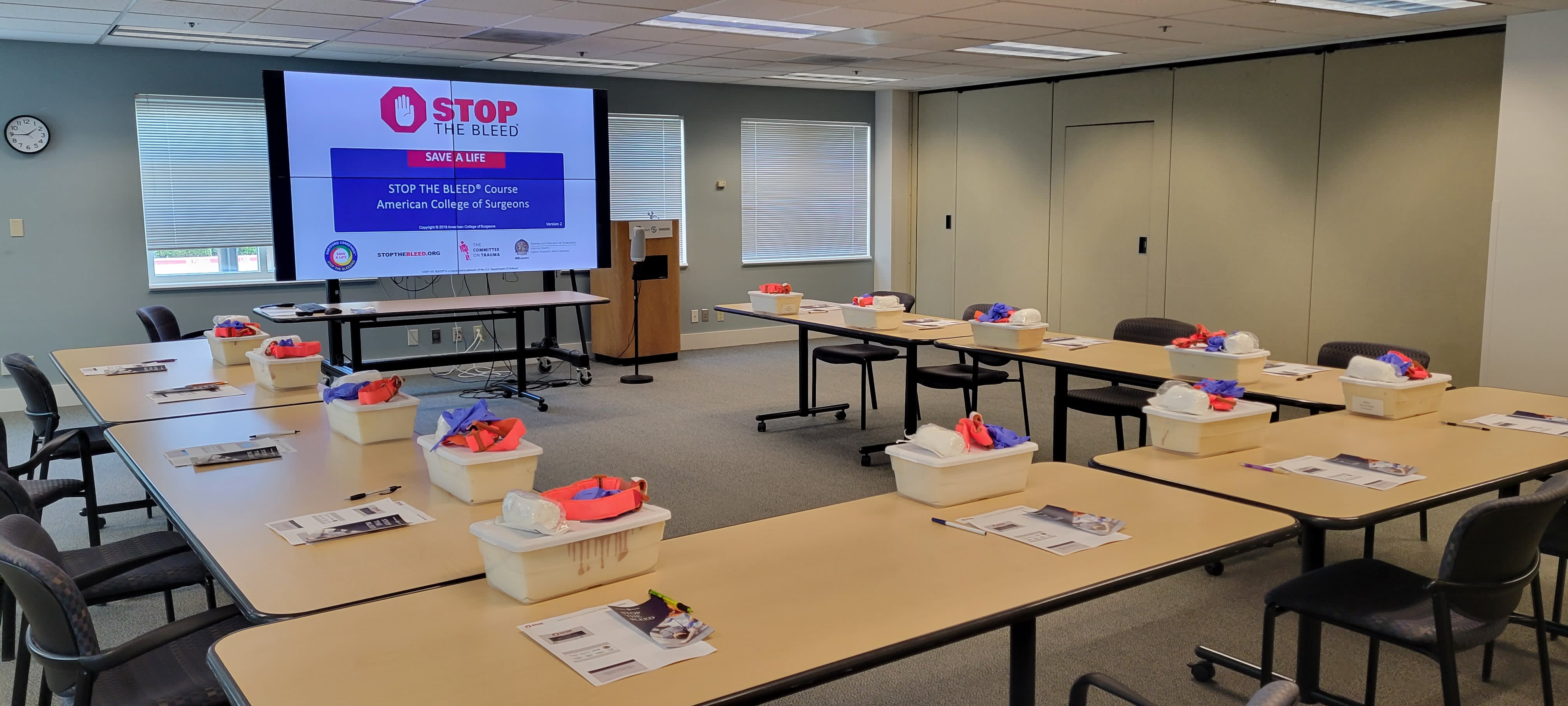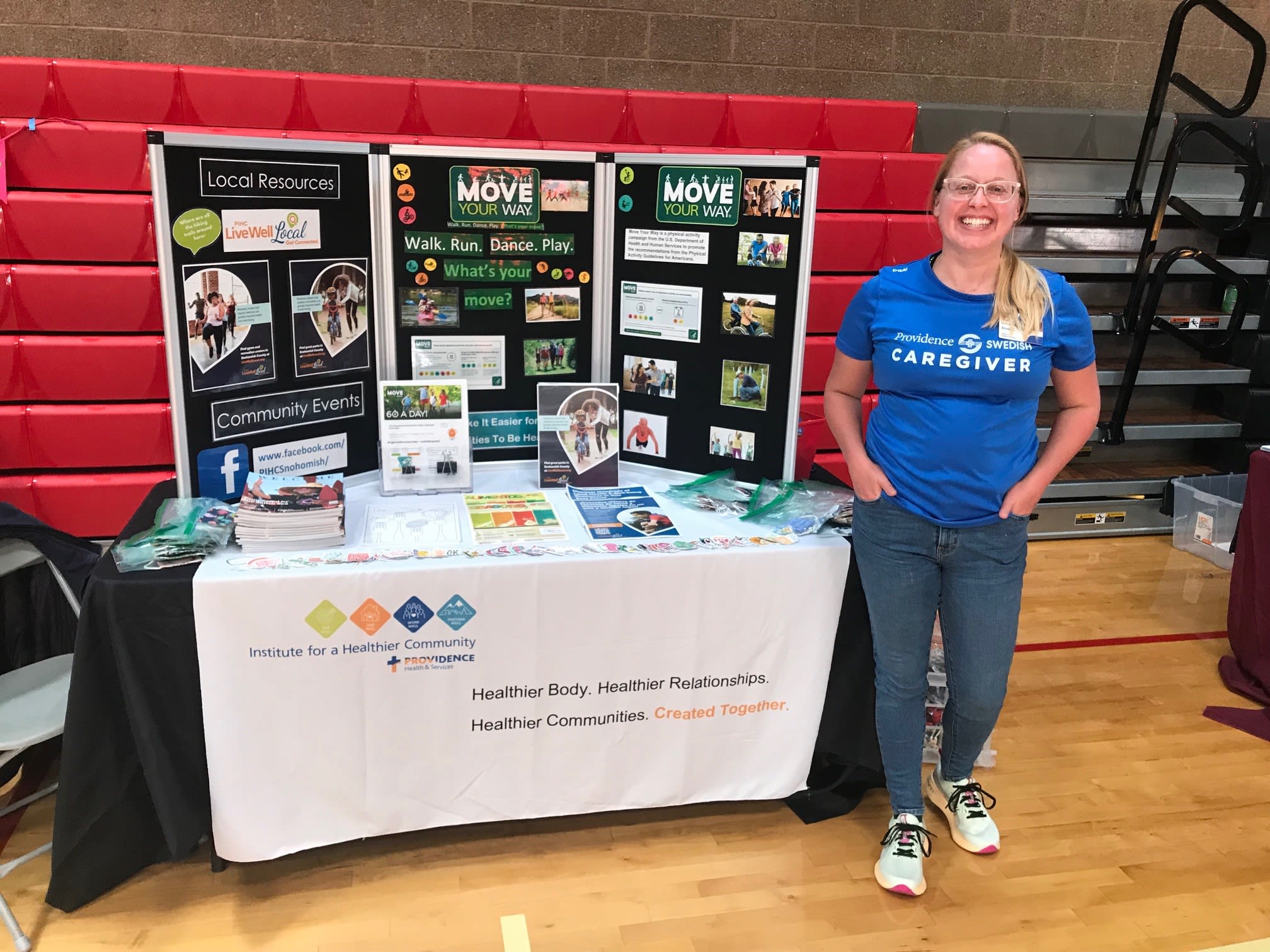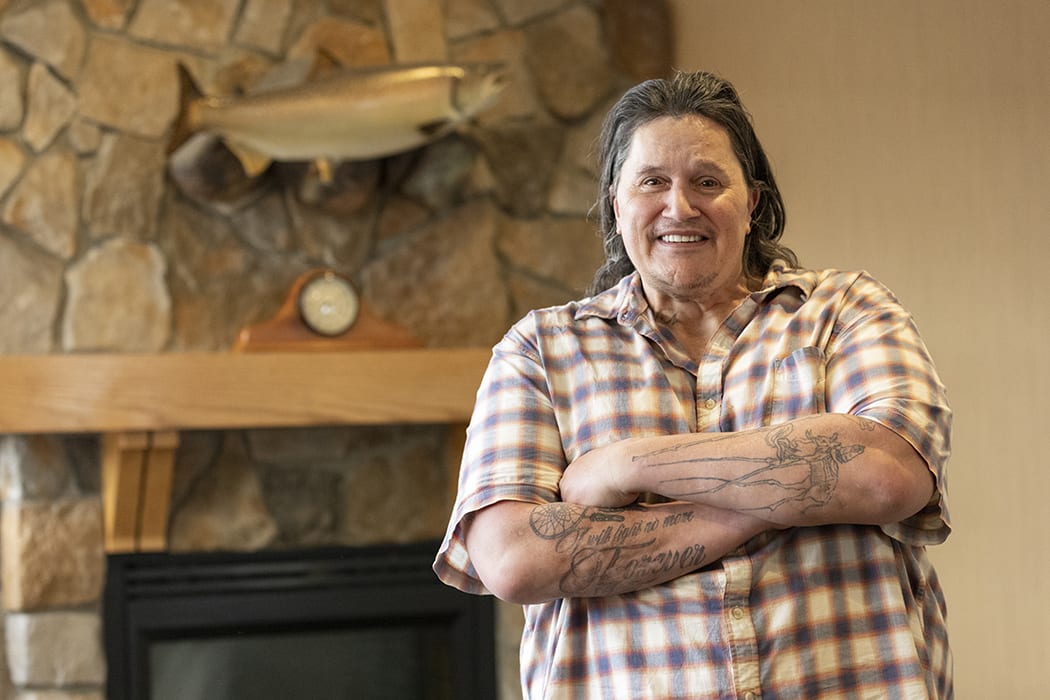The power of partnership: Strengthening global health, together
[4 MIN READ]
In this article:
-
Providence has a global presence, partnering with health care initiatives in Latin America and Africa, in addition to the work they do in Washington state.
-
The Washington Global Health Alliance featured Providence in their 2021 Global Health Landscape Study (released in April 2022) for our work in Guatemala.
-
Brittn Grey, a leader at Providence, spoke at WGHA’s conference in April, sharing Providence’s philosophy on global health partnerships.
Most people know Providence for our world-class health care in Washington state, but our mission goes far beyond the borders of both our state and our country. We are proud to have a global presence supporting health care initiatives in both Latin America and Africa.
We are also proud to be surrounded by other organizations in our home state of Washington who are just as dedicated to improving health globally as we are, and Washington Global Health Alliance (WGHA) connects us to one another. WGHA is a “connect and inform” organization within the global health community.
We recently participated in WGHA’s Washington Global Health Landscape Study, a project that examines the breadth and depth of Washington’s global health sector and its contributions to the state’s economy every three years. You can access their 2021 findings here — Providence’s health system strengthening work in Guatemala is featured on page 6.
In honor of the recent release of this study, the WGHA hosted their fifth online conference, featuring speakers from government, civic, non-profit and corporate communities who are working in a variety of industries to improve the global health ecosystem. One of those speakers was our Executive Director of Global & Domestic Immersion Programs, Brittn Grey. This article highlights the insights she shared.
The power of partnership
Providence’s belief that health is a human right drives us toward global service. To advance our vision of health for a better world, we understand that partnership is vital and respect that the members of the communities in which we serve know their health care needs better than we do. Partnership allows us to work together so providers can strengthen care delivery in response to needs identified by local leaders.
“Through partnership, we can walk in lock-step with and honor the leadership expertise and goals of local health leaders in other parts of the world,” Grey said.
Thanks to our partnerships with medical organizations overseas, Providence fosters community health initiatives to ensure that families have access to the health information they need on the most urgent issues they face.
“Partnerships are vital for fostering global health, interconnection and relationship,” Grey said. “Our own approach within Providence has been to build global partnerships with a positive social impact by focusing together on capacity sharing.”
Ultimately, we strive toward preventive care for our partners’ communities. That’s why we provide the tools and resources needed reduce the burden of disease, which starts with social and behavioral change and on-the-ground community layers of support.
“Often the best health interventions happen neighbor-to-neighbor,” Grey said.
The three keys to effective global health partnerships
For organizations looking to build effective and strategic global health partnerships, Brittn offers three key philosophies:
1. Subsidiarity
Subsidiarity is a social justice principle that calls us to defer decision-making to those who are most directly impacted. Until more recently, many conversations and initiatives around global health care have assumed that western health organizations know best. We believe the opposite.
“Local health and community leaders know the grounded reality and difficult nuance of the challenges they face, and they also know the population’s strengths that will enhance health outcomes,” Grey said.
2. Sustainability
Sustainability is the push to create systems that will be around for generations and that ultimately, community members will lead.
“By localizing project ownership we build a sustainable frame that empowers a long-term change and can also redress the systemic health inequities that are the legacy of colonialism,” Grey said.
Sustainability can never be achieved without the intention to transition health care services to providers within local communities.
“By working with and engaging with leaders at the community health system and policy levels—and by orienting partnership priorities to the goals of those leaders—we can contribute toward sustainable health advancements,” Grey said.
3. Solidarity
Solidarity is the belief in our common humanity and shared human dignity. It is empathy moved to action.
“By seeing ourselves in relationship to rather than separate from the global health care delivery system, we affirm human dignity—and that the life of a patient in another part of the world matters just as much as a patient in the U.S.,” Grey said.
Solidarity leads to relationship. It motivates accompaniment. It catalyzes a sense of kinship. It fortifies commitment.
“As we deepen in solidarity, we also accelerate in action,” Grey said. “And I think solidarity calls us to learn with humility and act with urgency.”
As a guiding force for our principles of partnership, Grey points to the Brocher Declaration on ethical global volunteerism.
Providence joined other global organizations in signing this in 2021, and it has served as a beautiful point of reflection on the balance of power within our work abroad. This, along with our guideposts of subsidiarity, sustainability and solidarity, point toward a future that makes our international support irrelevant. With the decolonization of global health as our mission, we make decisions that empower the providers and patients we serve. This is a call both collectively and individually.
“As global citizens, we all play a part in health for a better world. Dr. Martin Luther King Jr. said that ‘the moral arc of the universe bends toward justice,’” Grey said. “Personally, I believe that we need to give our full weight to bending that arc together in partnership.”
Visit our Annual Report to our Communities page
To learn more about what we’re doing to help our caregivers and other community partners, check out our Annual Report to our Communities.
Related resources
A join effort fights malnutrition for mothers and children in Guatemala
Global solidarity: How Providence is growing capacity sharing initiatives during the pandemic
Providence celebrates the launch of Malawi’s first midwifery led ward
This information is not intended as a substitute for professional medical care. Always follow your healthcare professional's instructions.




